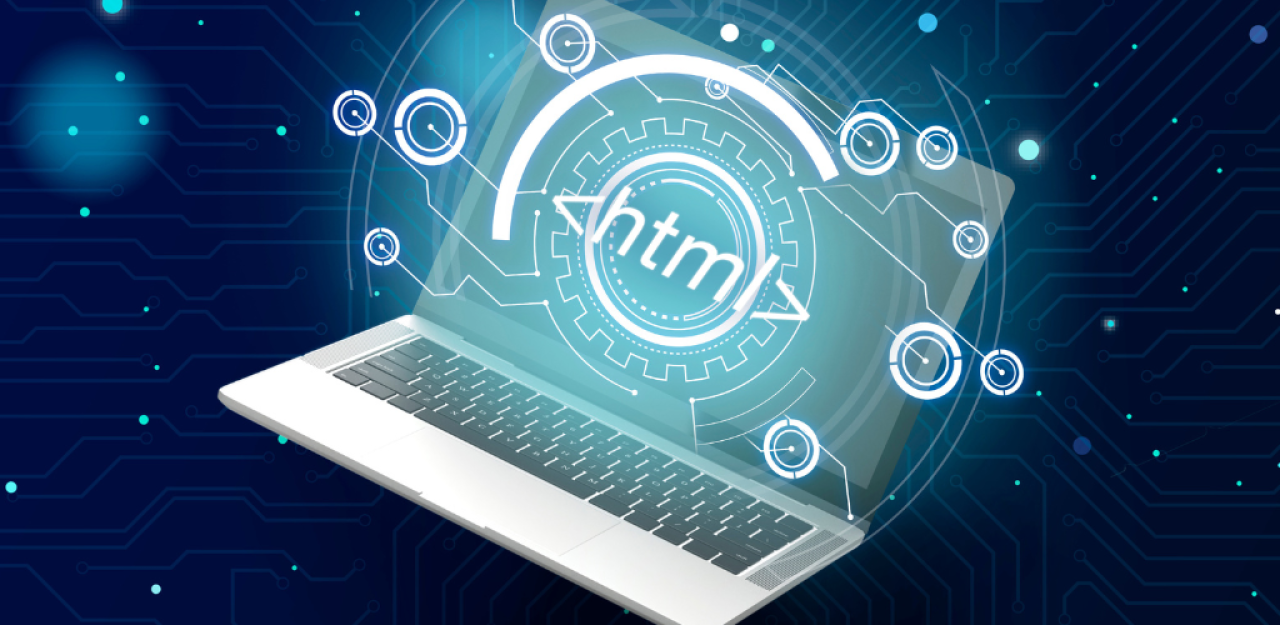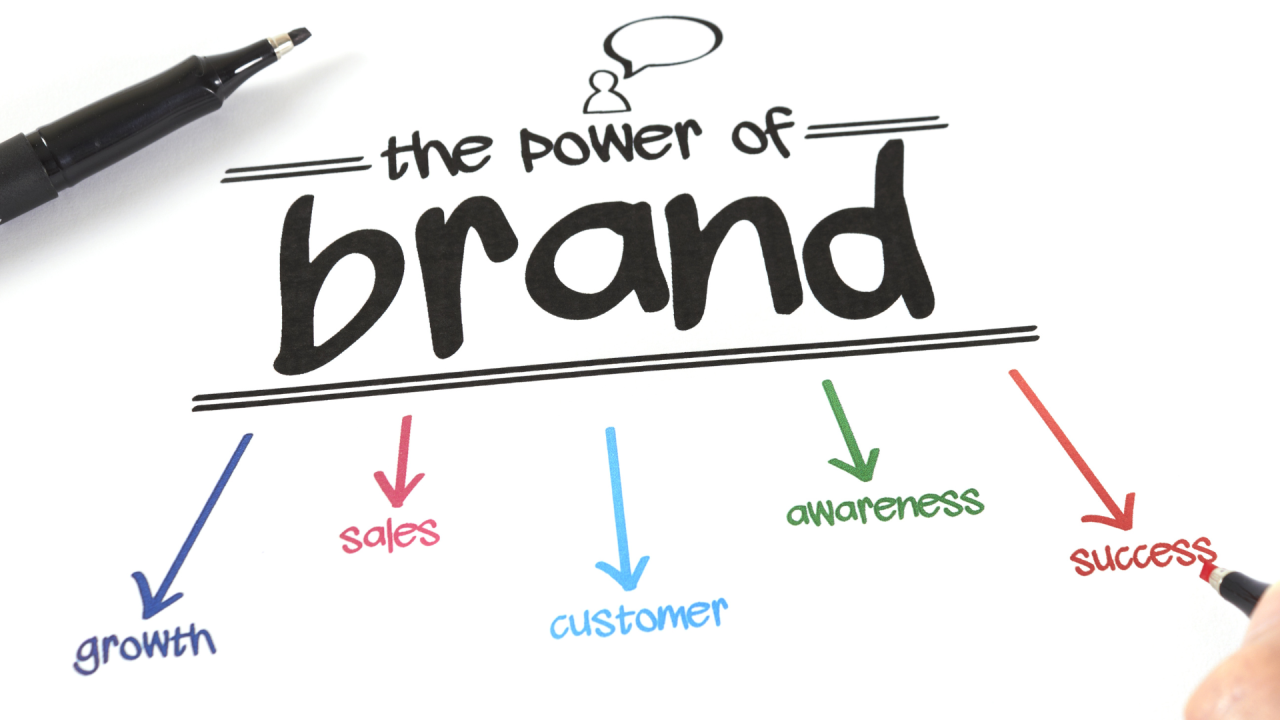
Blockchain Beyond Cryptocurrency: New Frontiers in Business Applications
14 Nov 2024When most people think of Blockchain, they immediately think of cryptocurrency. While it's true that blockchain technology gained its fame through Bitcoin and other digital currencies, its potential goes far beyond just financial transactions. Today, industries are exploring new ways to harness blockchain’s unique qualities—transparency, security, and decentralization—to solve various business challenges and streamline operations. From supply chain management to healthcare and intellectual property, blockchain is opening up exciting new frontiers in business applications.
What is Blockchain?
At its core, blockchain is a decentralized digital ledger that records transactions across multiple computers, making it nearly impossible to alter or hack the data. Each “block” of data is connected to the previous one, forming a continuous “chain.” This structure makes blockchain exceptionally secure and tamper-proof. Unlike traditional databases controlled by a single entity, blockchain is managed by a network of participants, allowing it to function without intermediaries and maintain a high level of trust among users.
Key Business Applications of Blockchain
-
Supply Chain Management
One of the most promising applications of blockchain technology is in supply chain management. By recording every transaction and movement of goods along the supply chain, blockchain can improve transparency and traceability. For example, a food company could track its products from farm to table, providing consumers with information about the origin and journey of their food. This traceability helps reduce fraud, prevent counterfeiting, and improve safety by making it easier to identify and respond to issues.
-
Healthcare Data Management
In the healthcare sector, blockchain offers a secure way to store and share sensitive patient data across multiple institutions without compromising privacy. Patient records can be stored in an encrypted, decentralized ledger that only authorized personnel can access. This helps eliminate data silos, reduces errors, and enables more accurate diagnoses and treatments. Blockchain also gives patients more control over their personal health information, fostering trust in the healthcare system.
-
Intellectual Property and Digital Rights
For creators and artists, blockchain provides a way to protect their intellectual property rights. By recording ownership and licensing rights on a blockchain, artists can ensure that they are properly compensated for the use of their work. This application is particularly relevant for the music, publishing, and entertainment industries, where unauthorized distribution is a common issue. With blockchain, royalties can be automatically distributed to rights holders through smart contracts, ensuring that creators are paid fairly.
-
Voting and Governance
Blockchain technology has the potential to revolutionize the voting process by making it more transparent, secure, and accessible. With a blockchain-based voting system, each vote can be recorded as a unique block, ensuring that it cannot be altered or tampered with. This level of security could help reduce voter fraud and increase public trust in election results. Additionally, blockchain can facilitate secure online voting, making elections more accessible to people who may not be able to vote in person.
-
Smart Contracts
Smart contracts are self-executing contracts where the terms of the agreement are written directly into code. These contracts automatically execute actions once predefined conditions are met, eliminating the need for intermediaries. Blockchain enables smart contracts to be executed securely and transparently. This feature is particularly useful for industries that rely on complex agreements, such as real estate and finance. For instance, in a property sale, a smart contract can automatically release payment once both parties have fulfilled their obligations, streamlining the transaction process.
-
Real Estate Transactions
In the real estate sector, blockchain can simplify and speed up property transactions. Traditionally, buying or selling property involves a lengthy process with many intermediaries, including brokers, banks, and legal advisors. By using blockchain, property records can be securely stored and transferred, reducing paperwork and lowering transaction costs. Blockchain-based smart contracts can further streamline this process, enabling faster, more efficient transactions with fewer opportunities for fraud.
Benefits of Blockchain in Business
Implementing blockchain in business processes brings several advantages, including:
-
Enhanced Security: Blockchain’s decentralized and encrypted structure makes data highly secure, reducing the risk of cyberattacks.
-
Increased Transparency: Since all participants have access to the same data, blockchain improves trust and transparency.
-
Cost Savings: By reducing the need for intermediaries, blockchain can lower transaction and operational costs.
-
Greater Efficiency: With blockchain, processes like payments, record-keeping, and contract management can be completed faster and with fewer errors.
Challenges to Overcome
Despite its advantages, blockchain technology faces several challenges, including scalability issues, regulatory uncertainties, and energy consumption. As blockchain applications continue to grow, it will be essential to address these challenges to ensure that the technology can be used widely and sustainably. Additionally, businesses must invest in skilled personnel who can implement and manage blockchain systems effectively.
The Future of Blockchain in Business
The potential applications of blockchain are still expanding as businesses explore new ways to leverage this technology. As it evolves, blockchain is likely to become an integral part of various industries, transforming business models and improving transparency and efficiency across sectors. For companies willing to embrace blockchain innovation, the opportunities to enhance operations and customer experiences are vast.









